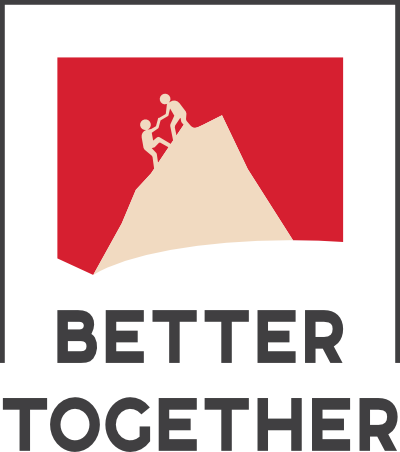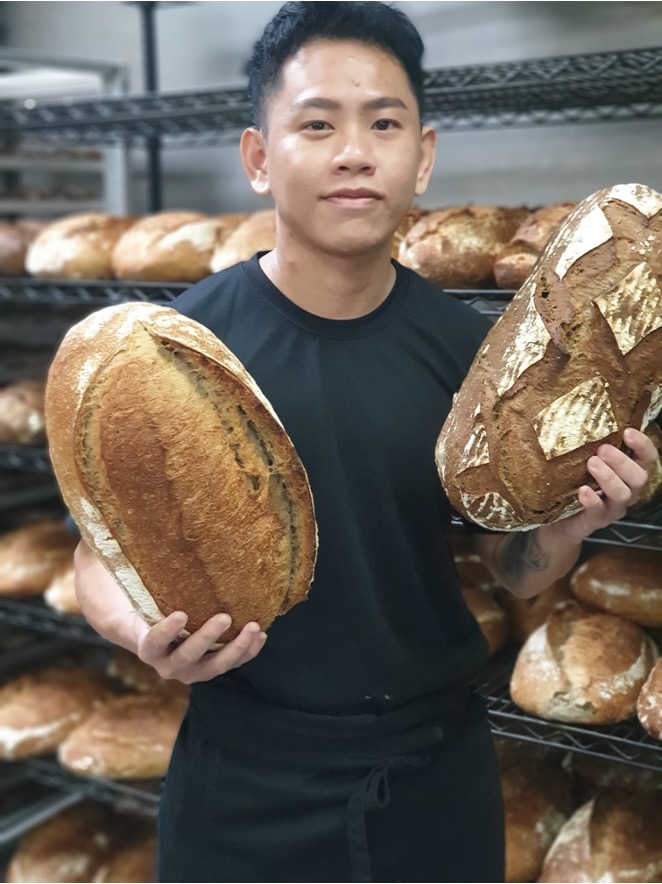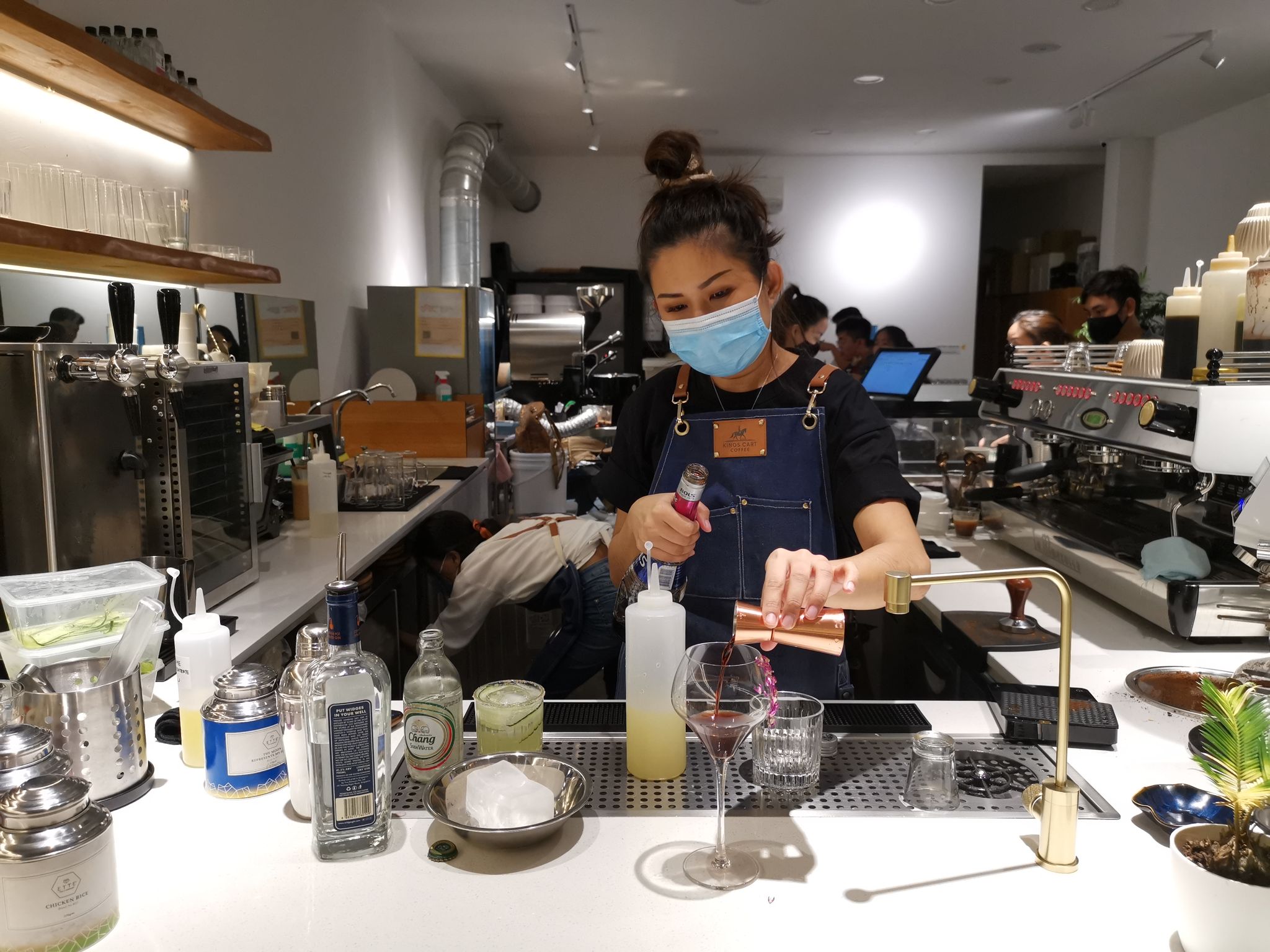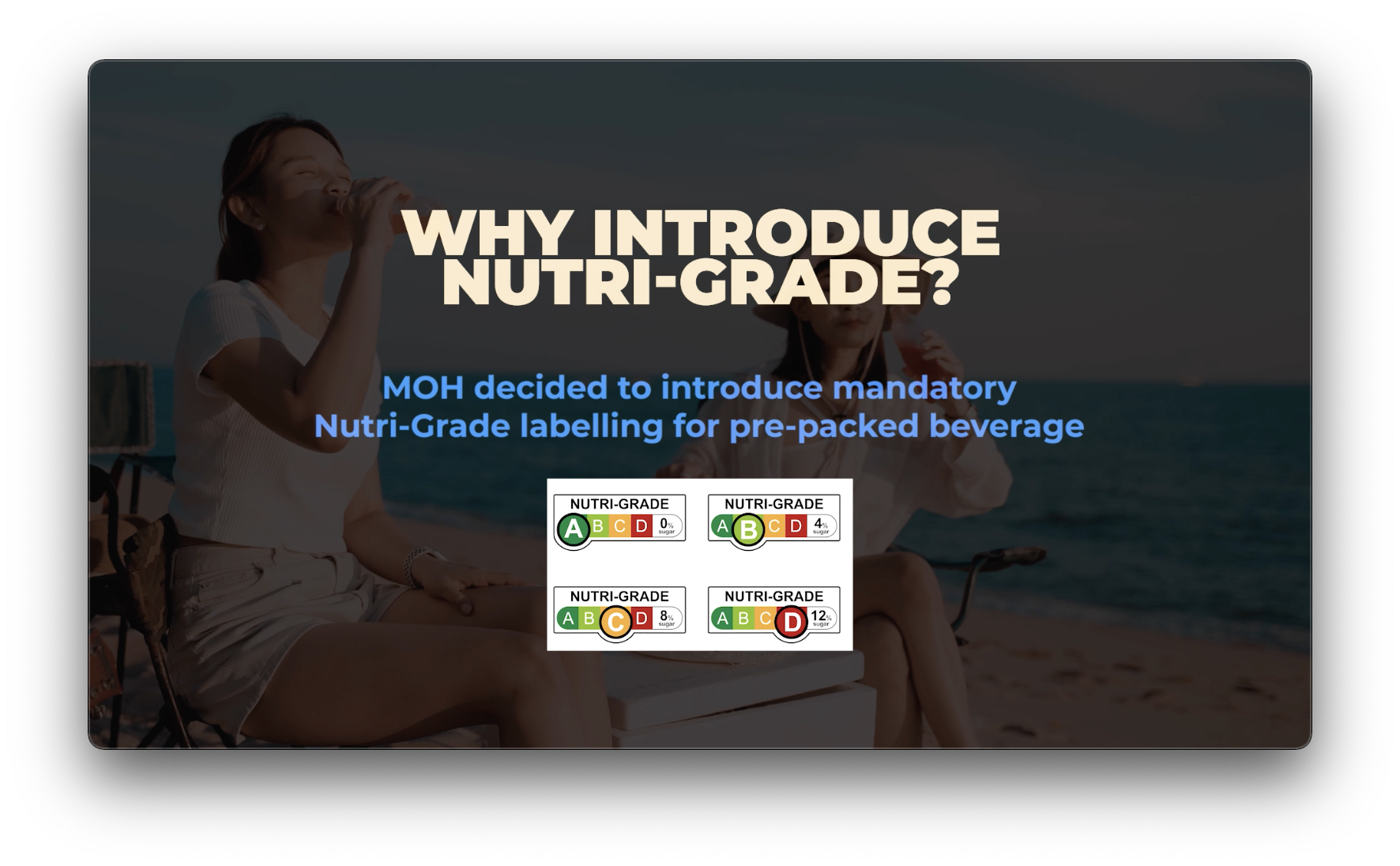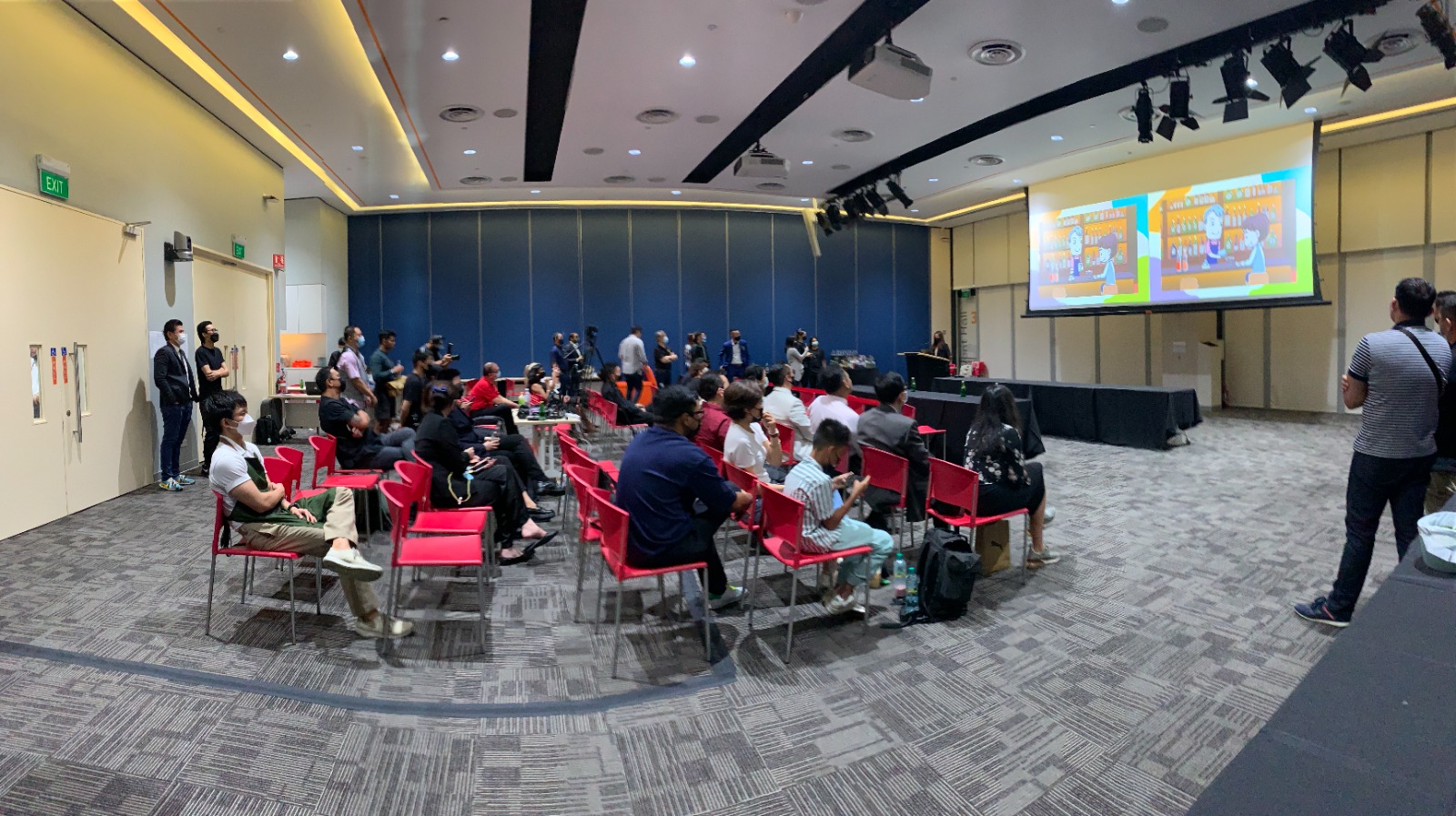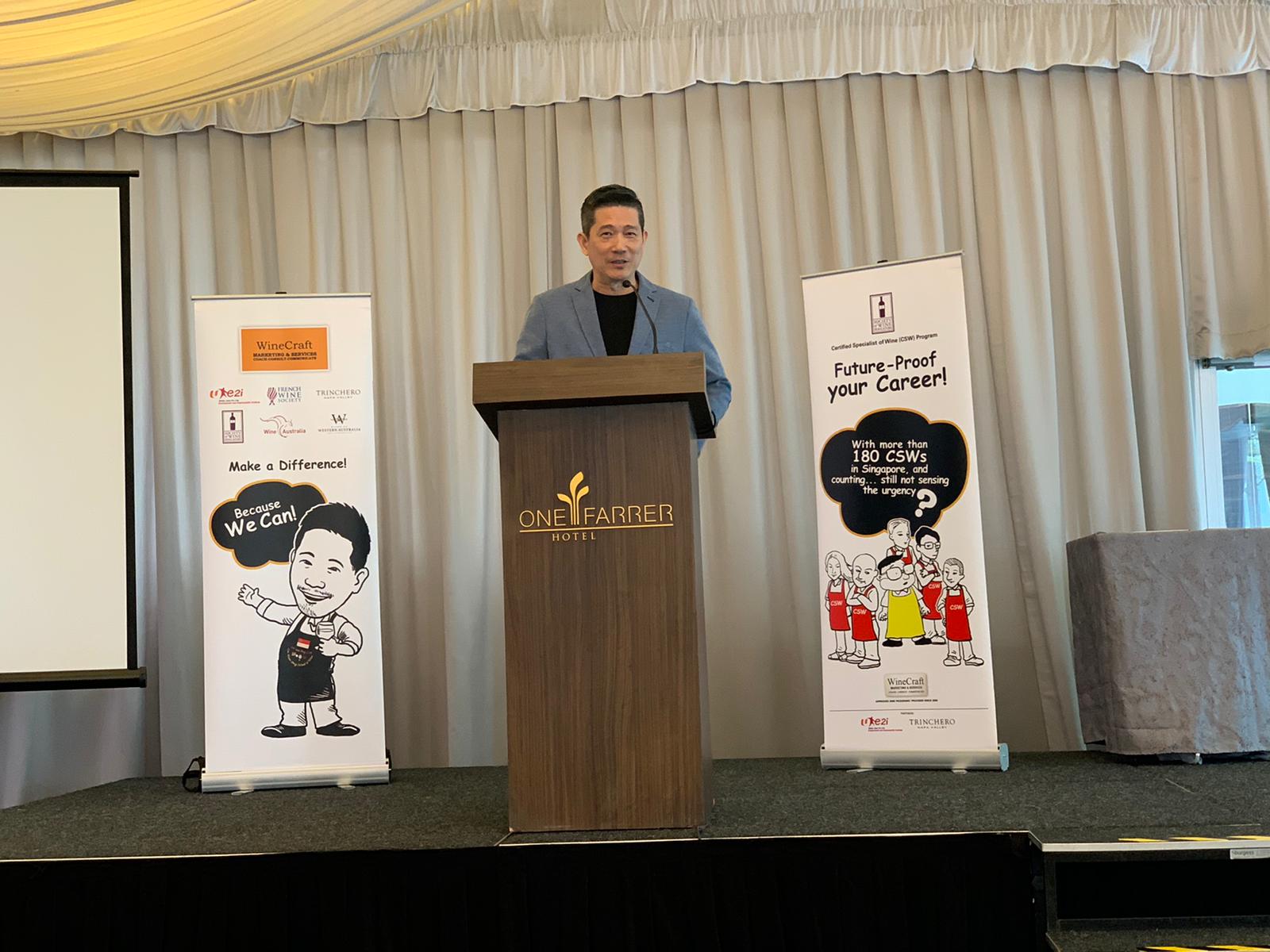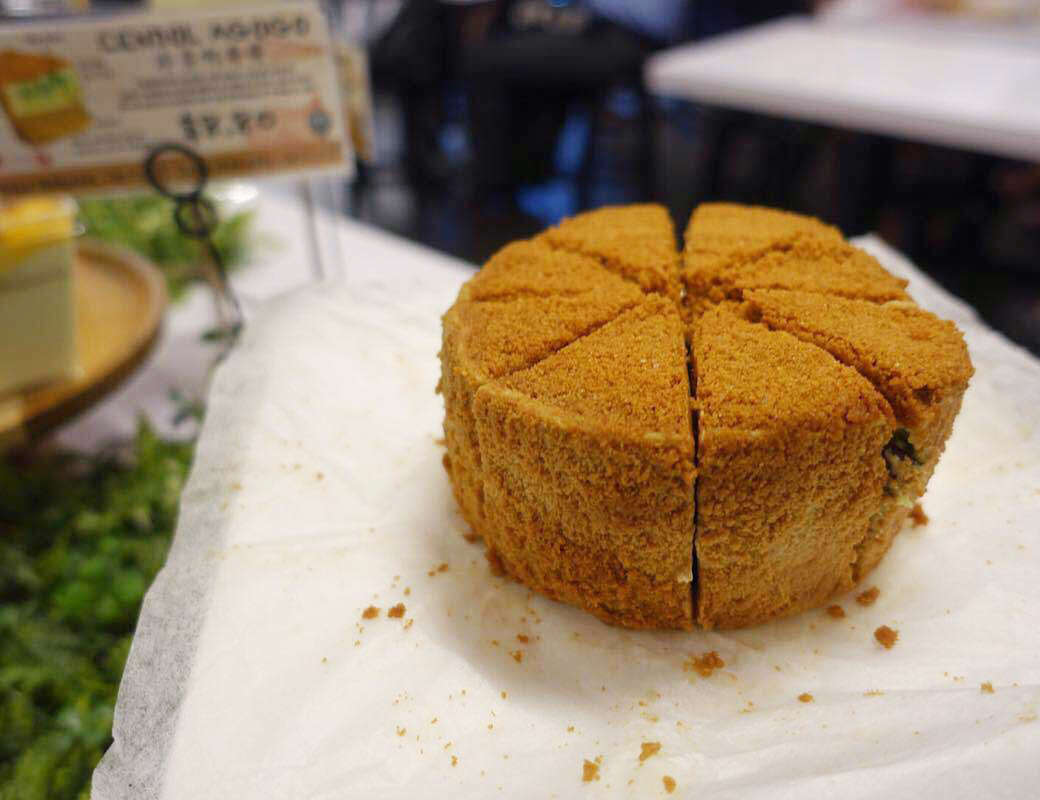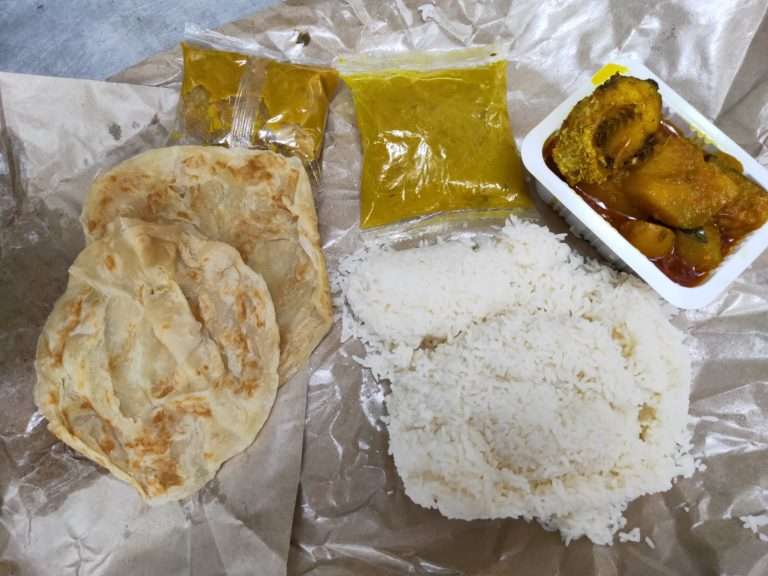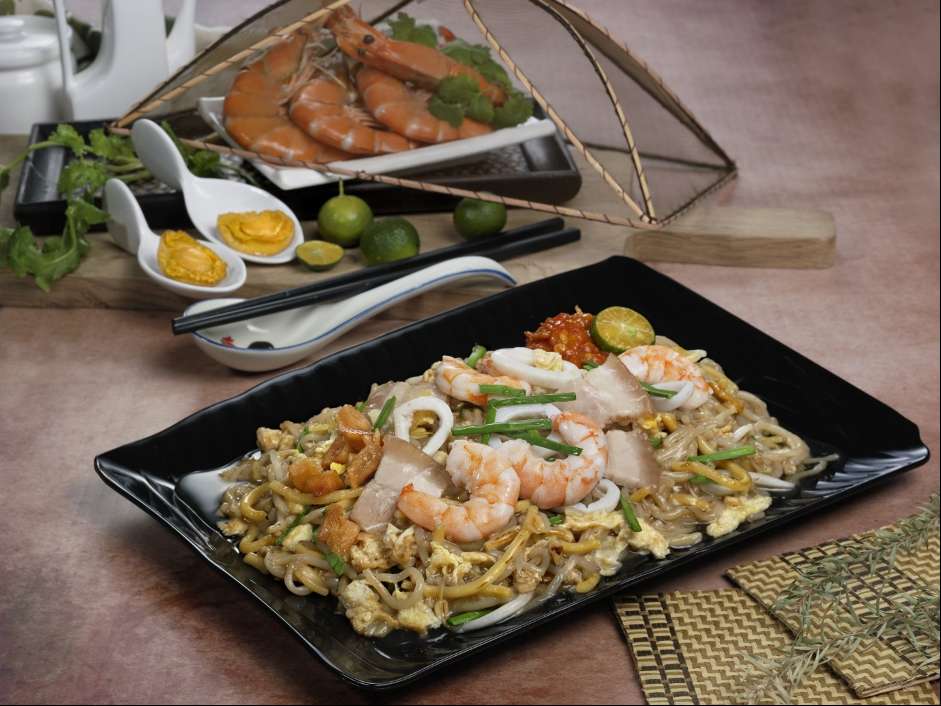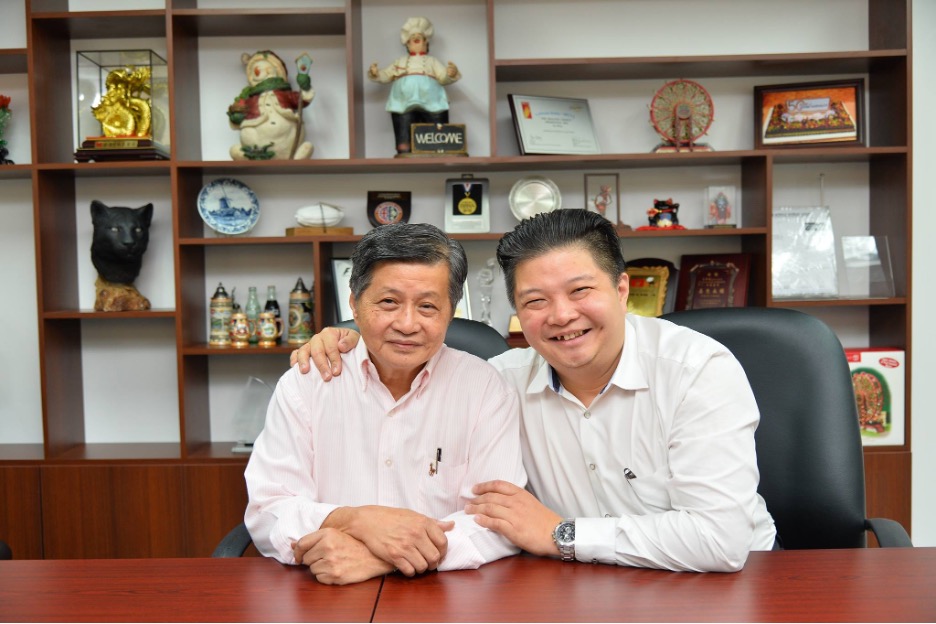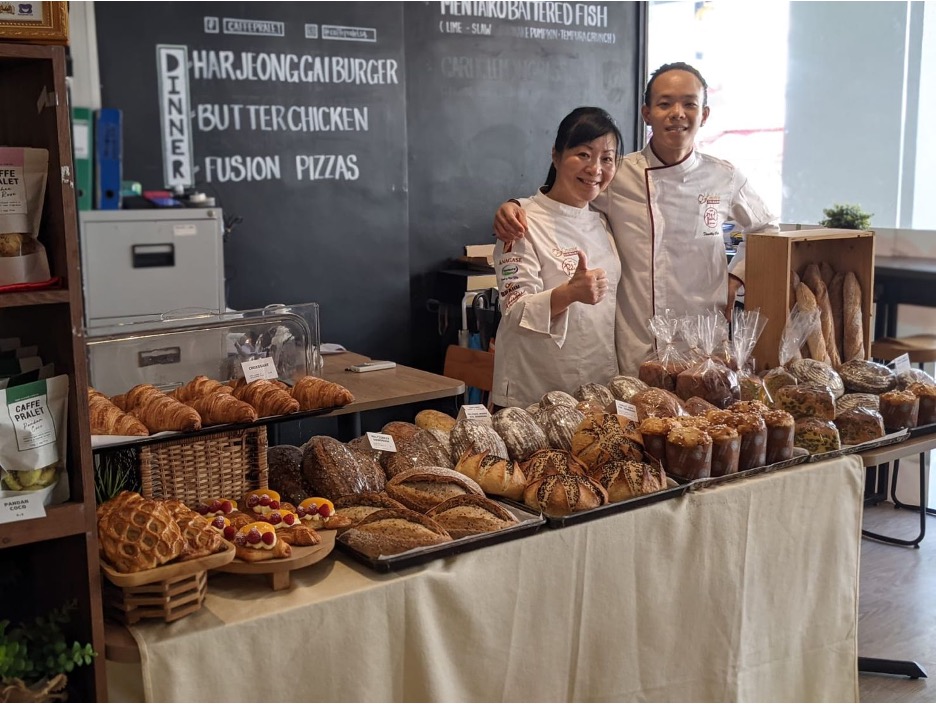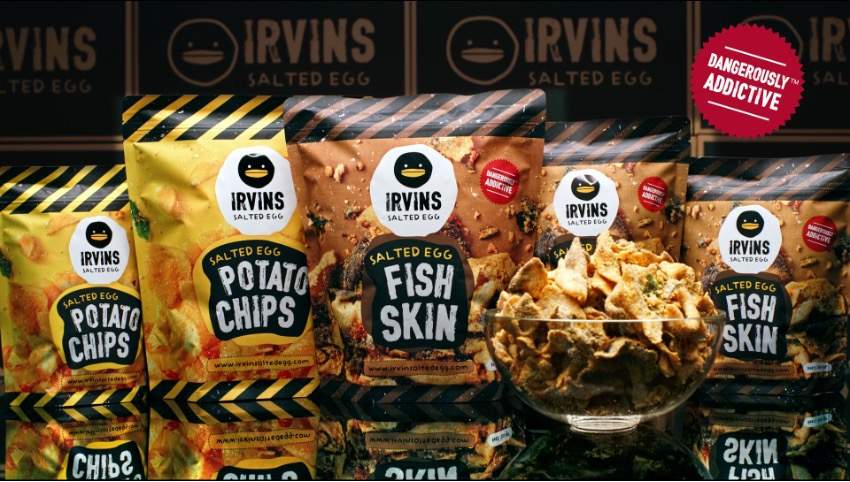
Since 2008, this brand has seen numerous incarnations to be at the forefront of the F&B scene in Singapore. We discover how IRVINS has won the hearts of many
In Singapore, IRVINS is a household name. The brand began in 2008 as a seafood restaurant on River Valley Road, beloved for its signature dish, the Salted Egg Crab. In 2011, a sudden relocation halted business plans and, in a bid to save the company, a pantheon of new recipes were born. Among those experiments was the now-iconic salted egg fish skin.
The crispy flavourful fish skin is coated with an abundance of real salted egg, aromatic curry leaves and vibrant red chilli peppers. The result, as IRVINS self describes, is dangerously addictive. And fish skins were only the start. IRVINS team of chefs, R&D specialists, and food technologists debuted combinations like salted egg with salmon skin, cassava chips, prawn rolls, gyoza skin, and more.
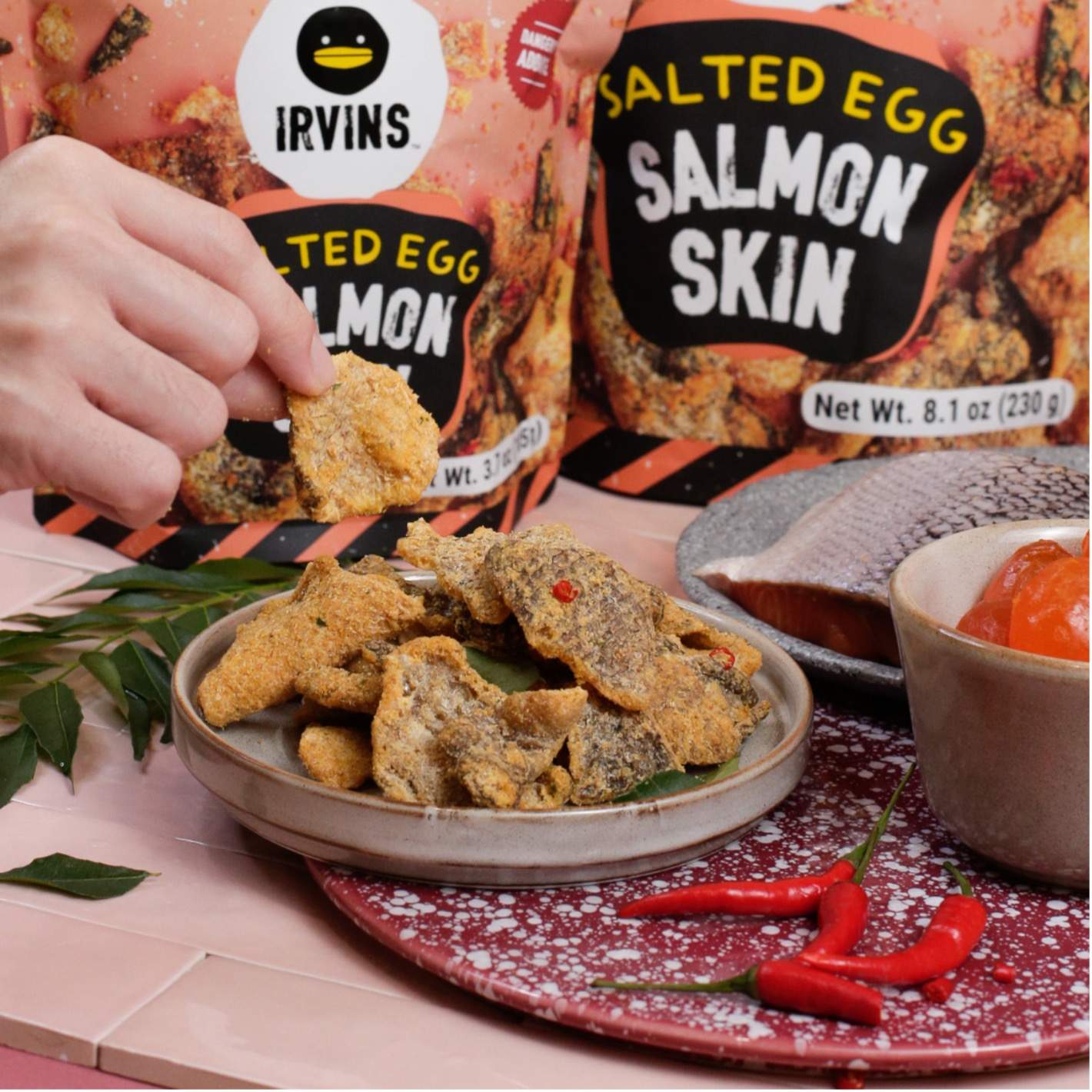
In 2014, IRVINS began to produce and sell their salted egg snacks, first at a few pop-ups around Singapore, and then at its permanent storefront in Vivocity. Nowadays, you’d be hard-pressed to find a shopping mall, mom-and-pop store, or 7/11 without them. Its presence graces 12 markets around the world, including China, the United States, Canada, Australia, Thailand, Philippines, United Arab Emirates, Vietnam, and Brunei.
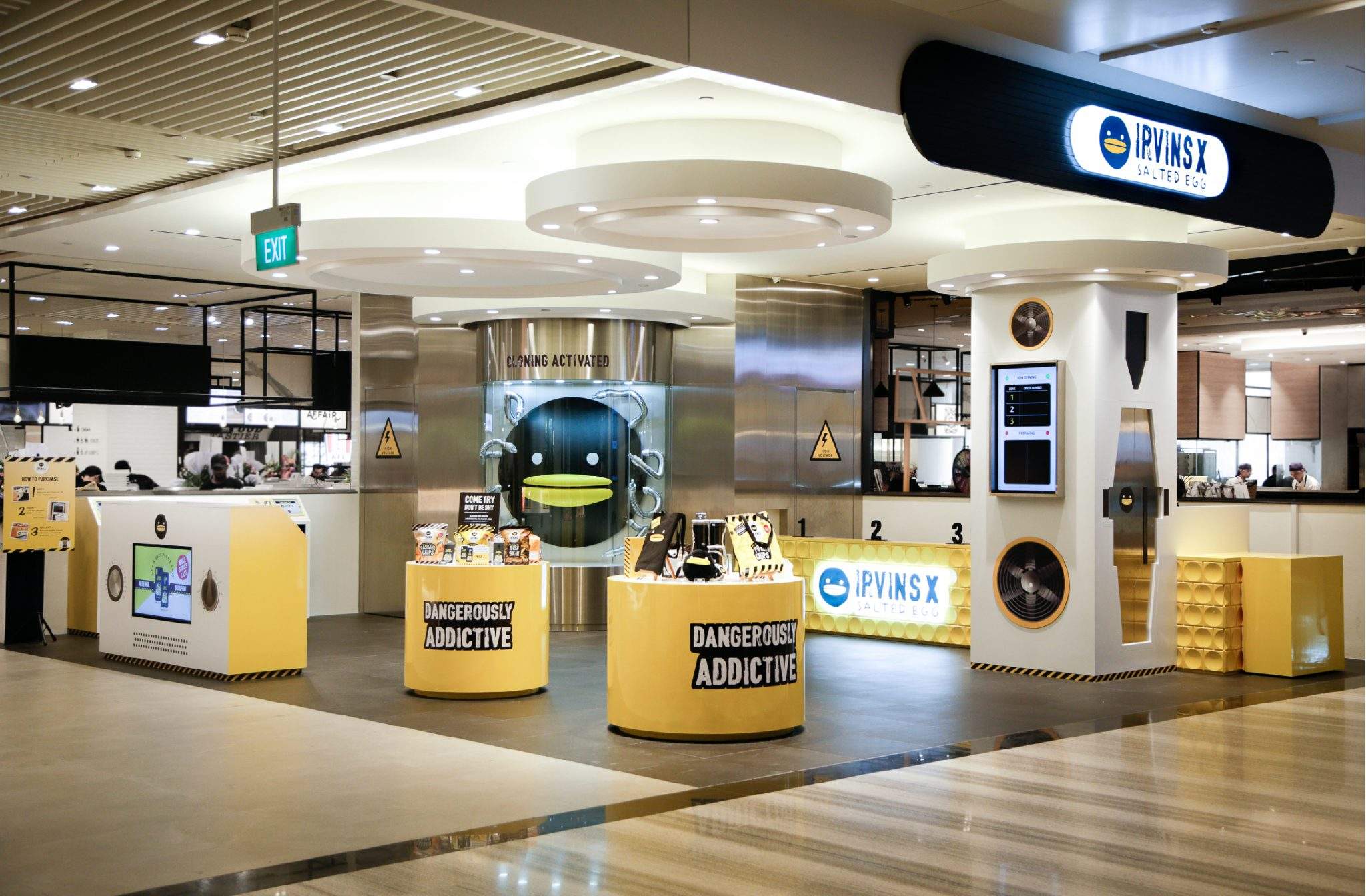
Behind the scenes of this beloved snack is Cocoba Pte Ltd, one of Singapore’s strongest homegrown consumer food start-ups managing the rapidly growing brand, IRVINS. Cocoba Pte Ltd recognised that, in order to further penetrate new markets and expand globally, they needed to go above and beyond local benchmarks. For this, they looked to the Brand Reputation Compliance Global Standards (BRCGS) from the Global Food Safety Initiative (GFSI).
Those familiar with the foodservice industry will surely know of the ISO22000 HAACP standards, a set of basic guidelines that food processors and manufactures must operate by to prove that their products are safe for consumption. Compared to HAACP, a sort of global baseline, BRCGS is applied more broadly, rigorously, and regularly. It is more premium and highly sought after by big overseas buyers and boost manufacturers confidence in food safety.
The programme covers everything from quality management systems, site standards, product control, process control, ambient high-care production zones, and requirements for traded products. CEO and Founder Irvin Gunawan says, “[BRCGS] will develop dynamic leaders as well as help our company achieve and set the highest food standards.” Indeed, it is a nod to Cocoba Pte Ltd’s ethos as a reputable brand that recognises and emphasizes the importance of food safety.
To complete the programme, Cocoba Pte Ltd obtained funding assistance from NTUC’s Employment and Employability Institute (e2i) under the Professional Development training grant. e2i has long been a keen advocate of professional growth and was, according to Cocoba Pte Ltd, incredibly supportive and informative throughout the process.
Looking forward, Cocoba Pte Ltd’s vision is to dominate the world of snacks and foods. Innovation and quality are at the centre of their philosophy, and it is clearer than ever with their adoption of BRCGS. They hope this uncompromising standard will lend them success in markets abroad, namely the United States and China, so that the very Singaporean obsession with salted egg may just overtake the world.
For more information, please visit eatirvins.sg
